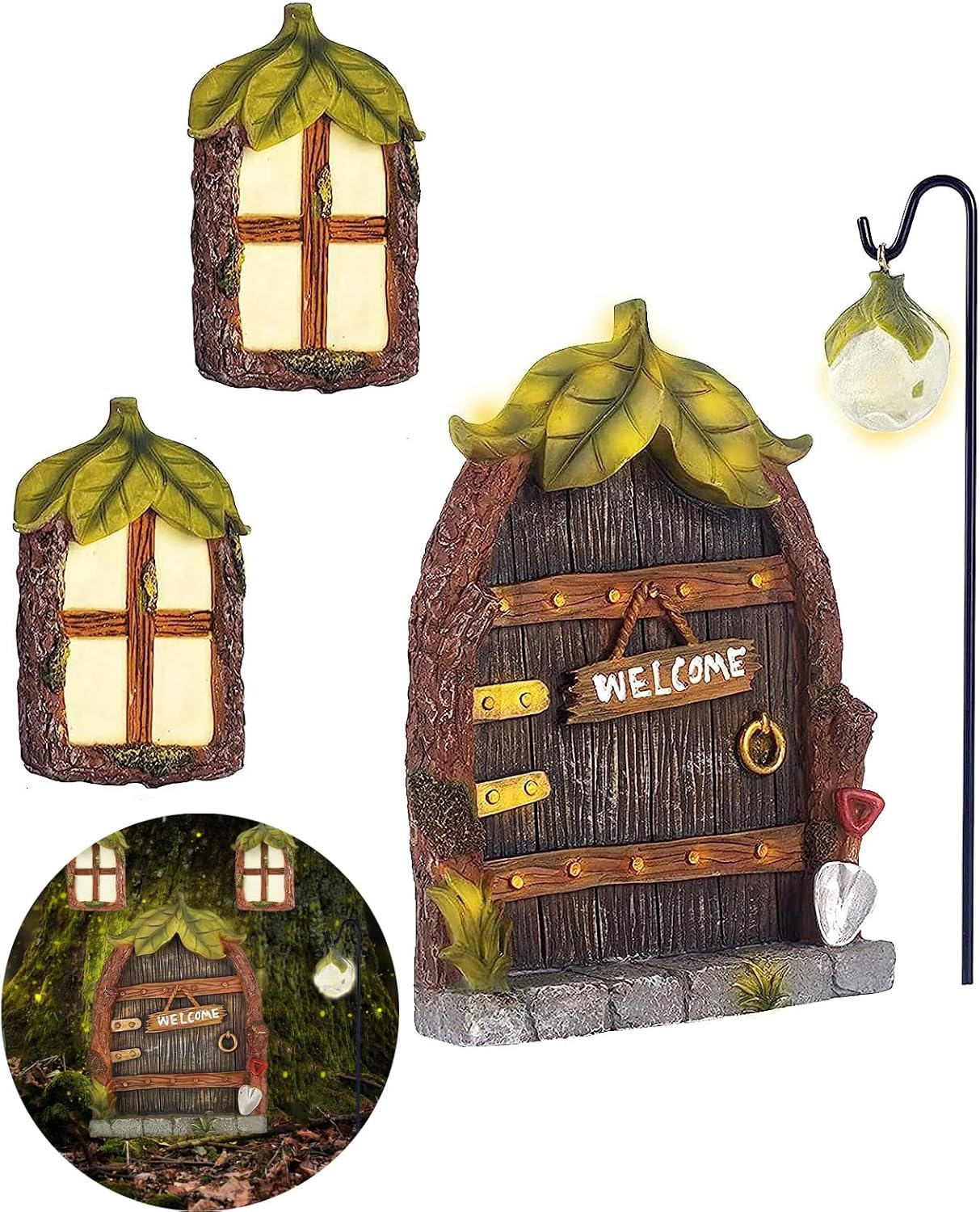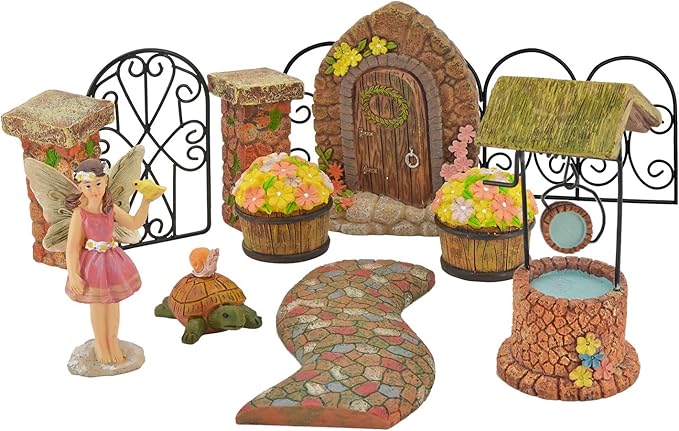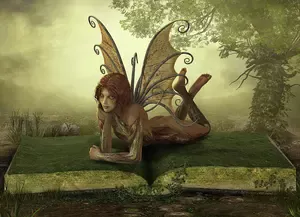- Home
- Fairy Blog
- Fairy Cakes
- Fairy Quotes
- Safety Dance
- The Flower Fairies Books
- What is a Fairy?
- Are Fairies Real?
- Elemental Fairies
- Faeries
- What are the Fae?
- Fae Fantasy Books
- Fairy History
- Origin of Fairies
- Fairies in Folklore
- Pixies
- Pixie Fairy Differences
- Gothic Fairies
- Tooth Fairy
- Fairy Festivals
- Fairy Gardens
- Fairy Garden Accessories
- Fairy Forests
- Fairy Poems
- Fairy Tales
- Fairy Tale Origins
- Classic Fairy Tales
- 24 Fairy Tales
- Fairy Tales around the World
- About Fantasy Creatures
- Dragons
- Dwarves
- Elves
- Gnomes
- Leprechauns
- Mermaids
- Unicorns
- Fairy Face Painting
- Free Fairy Art
- Fairy Coloring Pages
- Fairy Crafts For Kids
- Chinese Dragon Art
- How to Draw a Dragon
- Chinese Dragon Drawing
- Dragon Coloring Pages
- Fairy Tattoo Ideas
- About Us
- Contact Us
- Disclaimer
- Privacy Policy
Hansel and Gretal
The tale of Hansel and Gretal is much more than a simple story for children; it's a story rich in history, and lessons that are as relevant today as they were hundreds of years ago.
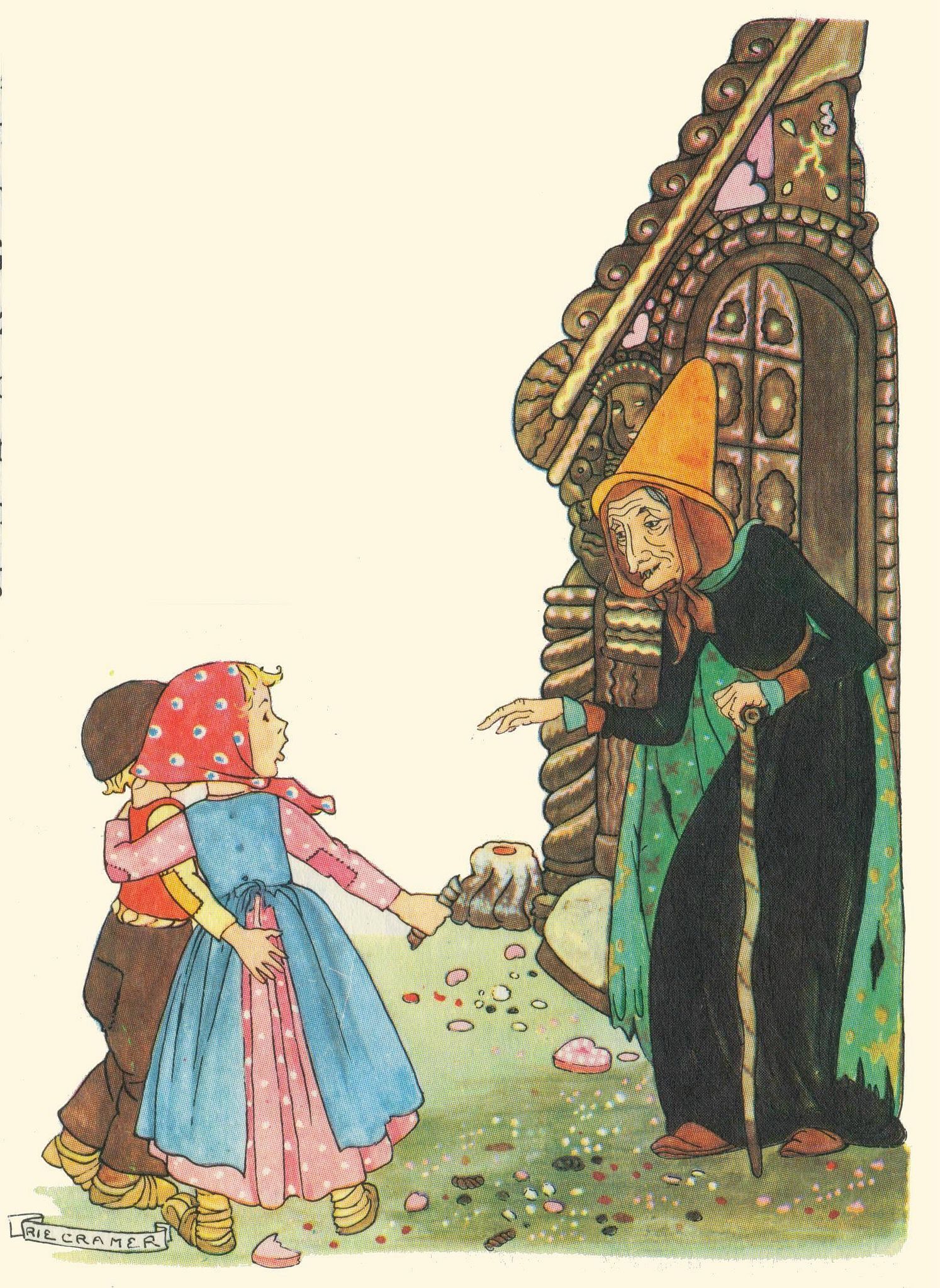
Hansel and Gretal is a well-known German folk tale that's captured the imagination of children and adults alike for generations. The story is a cautionary tale about the dangers that can lurk in unexpected places, and it serves as a lesson on surviving and clever thinking.
The Tale of Hansel and Gretal
The story follows the journey of a brother and sister, Hansel and Gretel, whose family is suffering from extreme poverty. Their desperate stepmother convinces their father to abandon them in the woods, with the cruel belief that it would be better for the children to fend for themselves than starve at home.
Hansel and Gretel, however, overhear this wicked plan. Hansel gathers white pebbles and uses them to mark the path so they can find their way home. This initial plan works, but when the children are taken into the woods a second time, Hansel uses bread crumbs instead. These are eaten by birds, leaving them lost and vulnerable.
After wandering in the forest, they come across a house made of candy and gingerbread. The hungry siblings cannot resist taking a bite. The house, however, is a trap set by a wicked witch who intends to cook and eat them. Through quick thinking and cooperation, Hansel and Gretel manage to defeat the witch and find their way back home, where they discover their stepmother has died and their father is overjoyed to see them.
The Story of Hansel and Gretal
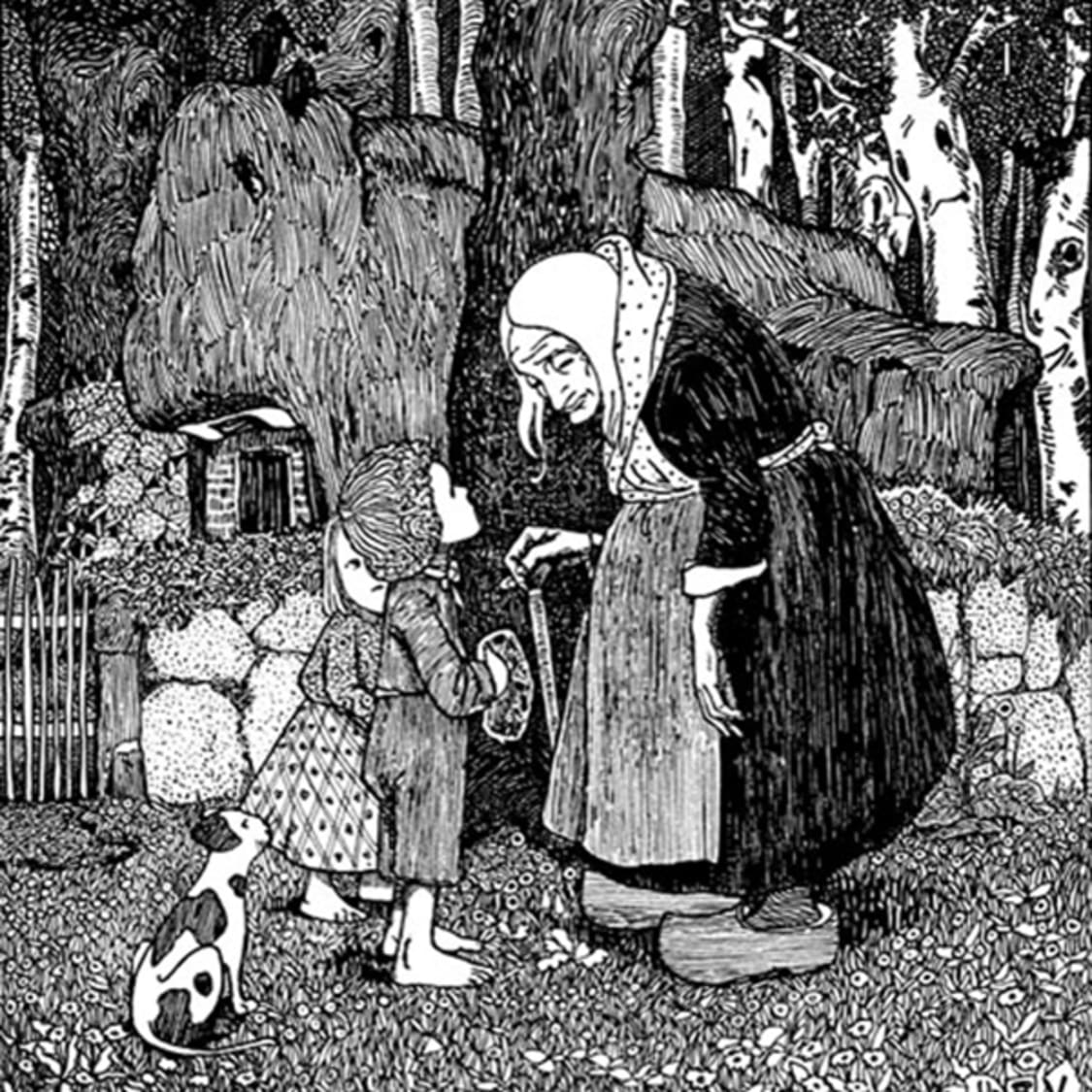
This Story of Hansel and Gretal
was popularized by the German scholars Jacob and Wilhelm Grimm, also known as the Brothers Grimm, who published it in their collection "Children's and Household Tales" in 1812. However, the story itself is believed to have much older origins. While there's no definitive source, it's widely accepted that the story has roots in medieval European folklore, reflecting the fears and struggles of the period.
Some interpretations
Say that the tale could have originated during the Great Famine of 1315-1317, where food scarcity was so severe that it led to unthinkable actions like abandoning children or even cannibalism. The characters of the wicked stepmother and the witch are often seen as archetypical figures representing these societal fears.
How different Cultures Reacted
The story of Hansel and Gretal has seeped into various aspects of popular culture. From stage adaptations like Engelbert Humperdinck's opera "Hänsel und Gretel" to modern cinematic takes, the tale continues to be a fertile ground for exploring themes of familial love, betrayal, and survival. It's also a popular subject in academic circles for its symbolic representation of dark aspects of human behavior and society.
An Ever-Evolving Telling of the story
The story of Hansel and Gretal has demonstrated a remarkable ability to adapt and evolve to fit the societal and cultural contexts of different eras. While the Grimm Brothers popularized the tale in the early 19th century, it has seen numerous transformations in various media, each adding its own unique interpretation and flair.
One of the most classical adaptations is Engelbert Humperdinck's opera "Hänsel und Gretel," which debuted in 1893. The opera serves as a musical retelling, maintaining much of the original story's thematic integrity while adding a lush musical score that has made it a staple in the opera world.
In the realm of cinema and television, the story has been adapted into multiple forms, ranging from animated features to live-action interpretations. These adaptations often take creative liberties, injecting modern themes and concerns into the age-old narrative. For instance, in some modern film versions, the character of the witch has been turned into a more complex figure, shifting away from the one-dimensional evil being in the original tale.
Furthermore, contemporary adaptations have emphasized themes of empowerment, particularly in portraying Hansel and Gretel as characters with grit and determination. In contrast to the more passive roles they assumed in the original tale, modern Hansel and Gretel are often seen using technology, forming alliances, or employing clever strategies to outwit the witch and find their way home. This reflects a societal shift towards championing women's bravery, and individuality, especially in the face of adversities that seem insurmountable.
Additionally, the tale has also been adapted into various genres, including horror, comedy, and even science fiction. For example, the 2013 action horror film "Hansel & Gretel: Witch Hunters" imagines the siblings as adult witch-hunters, putting an action-packed, darker spin on the fairy tale. Meanwhile, some comedy adaptations turn the original’s grim elements into satire, providing commentary on contemporary issues like consumer culture, dysfunctional families, or environmental degradation.
In summary
The story of Hansel and Gretal has seen countless adaptations that attest to its timeless relevance. Each new version serves not only as a retelling but also as a reevaluation, urging us to examine the tale's core themes through the lens of contemporary values and concerns.
Hansel and Gretel is a rich and complex story that has stood the test of time. Its roots may be ancient, and its themes dark, but its lessons on resilience, resourcefulness, and hope are timeless.
I hope you found this exploration engaging and informative. What are your thoughts on the tale of Hansel and Gretal?
Hansel and Gretal
My Opinion
My Opinion, -- For What it is Worth
On one hand, it's a grim story of survival against all odds, and on the other, it's a tale of hope, cleverness, and the triumph of good over evil. It continues to be relevant because it addresses ideas that people of all ages should know.
Accessories for your Fairy Garden!
Are you building a Fairy Garden? This door, windows and lantern would look super cute - CLICK HERE for more information and to order on Amazon.
Fairy Product of the Month
Design your own miniature fairy garden with this Fairy Garden Kit
CLICK HERE for more information and best price!
Recent Articles
-
Fae Fantasy Books - where love can be both thrilling and terrifying!
Nov 22, 25 02:34 AM
Fae Fantasy Books - explore new aspects of what it means to be human in a world where magic and immortal beings exist! A perfect blend of danger and allure! -
Water Fairies: Meet the Mystical Undines of the Waters
Nov 19, 25 02:45 AM
Water fairies, often called undines, are enchanting magical beings deeply connected to the element of water. These spirits appear in folklore and fairy tales -
Earth fairies are elemental beings connected to the earth element.
Nov 19, 25 02:34 AM
Earth fairies, also known as gnomes, are elemental beings deeply connected to the earth element. They have rich roots in folklore, mythology, and fairy tales
